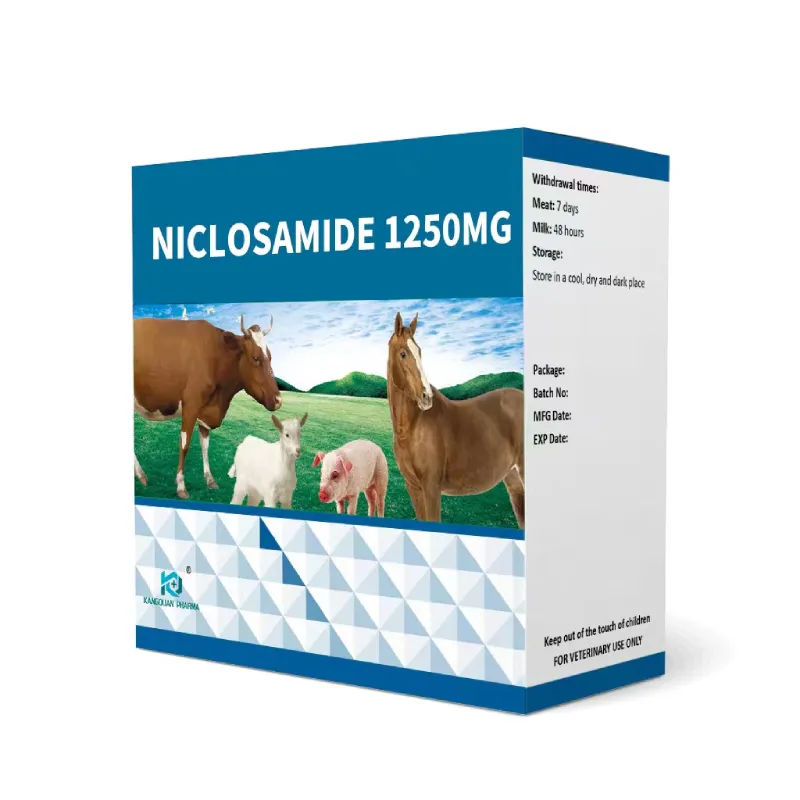- Afrikaans
- Albanian
- Amharic
- Arabic
- Armenian
- Azerbaijani
- Basque
- Belarusian
- Bengali
- Bosnian
- Bulgarian
- Catalan
- Cebuano
- Corsican
- Croatian
- Czech
- Danish
- Dutch
- English
- Esperanto
- Estonian
- Finnish
- French
- Frisian
- Galician
- Georgian
- German
- Greek
- Gujarati
- Haitian Creole
- hausa
- hawaiian
- Hebrew
- Hindi
- Miao
- Hungarian
- Icelandic
- igbo
- Indonesian
- irish
- Italian
- Japanese
- Javanese
- Kannada
- kazakh
- Khmer
- Rwandese
- Korean
- Kurdish
- Kyrgyz
- Lao
- Latin
- Latvian
- Lithuanian
- Luxembourgish
- Macedonian
- Malgashi
- Malay
- Malayalam
- Maltese
- Maori
- Marathi
- Mongolian
- Myanmar
- Nepali
- Norwegian
- Norwegian
- Occitan
- Pashto
- Persian
- Polish
- Portuguese
- Punjabi
- Romanian
- Russian
- Samoan
- Scottish Gaelic
- Serbian
- Sesotho
- Shona
- Sindhi
- Sinhala
- Slovak
- Slovenian
- Somali
- Spanish
- Sundanese
- Swahili
- Swedish
- Tagalog
- Tajik
- Tamil
- Tatar
- Telugu
- Thai
- Turkish
- Turkmen
- Ukrainian
- Urdu
- Uighur
- Uzbek
- Vietnamese
- Welsh
- Bantu
- Yiddish
- Yoruba
- Zulu
נוב . 08, 2024 03:47 Back to list
Doxycycline Hyclate Use for Treating Tooth Abscess Infections and Pain Management
Doxycycline Hyclate for Tooth Abscess A Comprehensive Overview
Tooth abscesses, clinically known as dental abscesses, are localized infections that can lead to significant pain and discomfort. They occur when bacteria invade the dental pulp, which is the innermost part of the tooth containing nerves and blood vessels. If left untreated, these infections can spread, leading to more severe health issues. One of the commonly prescribed antibiotics for treating tooth abscesses is doxycycline hyclate. This article explores the role of doxycycline hyclate in the management of tooth abscesses, including its mechanism of action, effectiveness, and considerations for use.
What is Doxycycline Hyclate?
Doxycycline hyclate is a tetracycline antibiotic, effective against a wide range of bacterial infections. It works by inhibiting protein synthesis in bacteria, ultimately preventing the bacteria from growing and multiplying. Its broad-spectrum activity makes it suitable for treating various infections, including respiratory tract infections, urinary tract infections, and skin infections, as well as dental infections like abscesses.
Mechanism of Action
Doxycycline hyclate exerts its antibacterial effects by binding to the 30S ribosomal subunit of bacteria. This binding interferes with the attachment of aminoacyl-tRNA to the ribosomal mRNA complex, halting protein synthesis. As a result, the growth and replication of bacteria are inhibited. Doxycycline is effective against both aerobic and anaerobic bacteria, making it a valuable option in the polymicrobial environment often present in tooth abscesses.
Why Use Doxycycline Hyclate for Tooth Abscess?
1. Effectiveness Against Pathogens Doxycycline is effective against a variety of bacteria commonly associated with dental infections, including strains of Streptococcus and Staphylococcus, as well as anaerobic species. This makes it a suitable choice for treating the mixed bacterial flora typically found in tooth abscesses.
2. Good Distribution The pharmacokinetics of doxycycline allow for good tissue penetration, particularly in areas with potential abscess formation. This ensures that antibiotic levels remain effective at the site of infection.
doxycycline hyclate for tooth abscess

3. Anti-Inflammatory Properties In addition to its antibacterial properties, doxycycline exhibits anti-inflammatory effects. This can be particularly beneficial in managing the pain and swelling associated with dental abscesses.
Considerations and Side Effects
While doxycycline hyclate is generally safe and effective, there are several considerations to keep in mind
- Side Effects Common side effects of doxycycline include gastrointestinal disturbances, such as nausea, vomiting, and diarrhea. Some patients may also experience photosensitivity, causing skin reactions when exposed to sunlight.
- Age Restrictions Doxycycline is not typically recommended for children under the age of eight due to the risk of tooth discoloration and potential effects on bone growth. Caution is also advised for pregnant and breastfeeding women, as it may affect fetal development.
- Drug Interactions Doxycycline can interact with various medications, including antacids, iron supplements, and other antibiotics, which may reduce its effectiveness. Patients should inform their healthcare providers about all medications they are taking.
- Resistance Concerns As with any antibiotic, there is a risk of developing bacterial resistance. It is important to use doxycycline judiciously and only when prescribed by a healthcare professional to help minimize this risk.
Conclusion
Doxycycline hyclate is a valuable tool in the treatment of tooth abscesses, effectively addressing the bacterial infections that cause these painful conditions. With its broad-spectrum activity, good tissue penetration, and anti-inflammatory properties, it is often a preferred choice among dental practitioners. However, it is essential for patients to adhere to their prescribed treatment plan and communicate any concerns with their healthcare provider to ensure the best outcomes. By addressing tooth abscesses promptly and effectively, patients can alleviate pain and prevent further complications, promoting better oral health.
-
Guide to Oxytetracycline Injection
NewsMar.27,2025
-
Guide to Colistin Sulphate
NewsMar.27,2025
-
Gentamicin Sulfate: Uses, Price, And Key Information
NewsMar.27,2025
-
Enrofloxacin Injection: Uses, Price, And Supplier Information
NewsMar.27,2025
-
Dexamethasone Sodium Phosphate Injection: Uses, Price, And Key Information
NewsMar.27,2025
-
Albendazole Tablet: Uses, Dosage, Cost, And Key Information
NewsMar.27,2025













